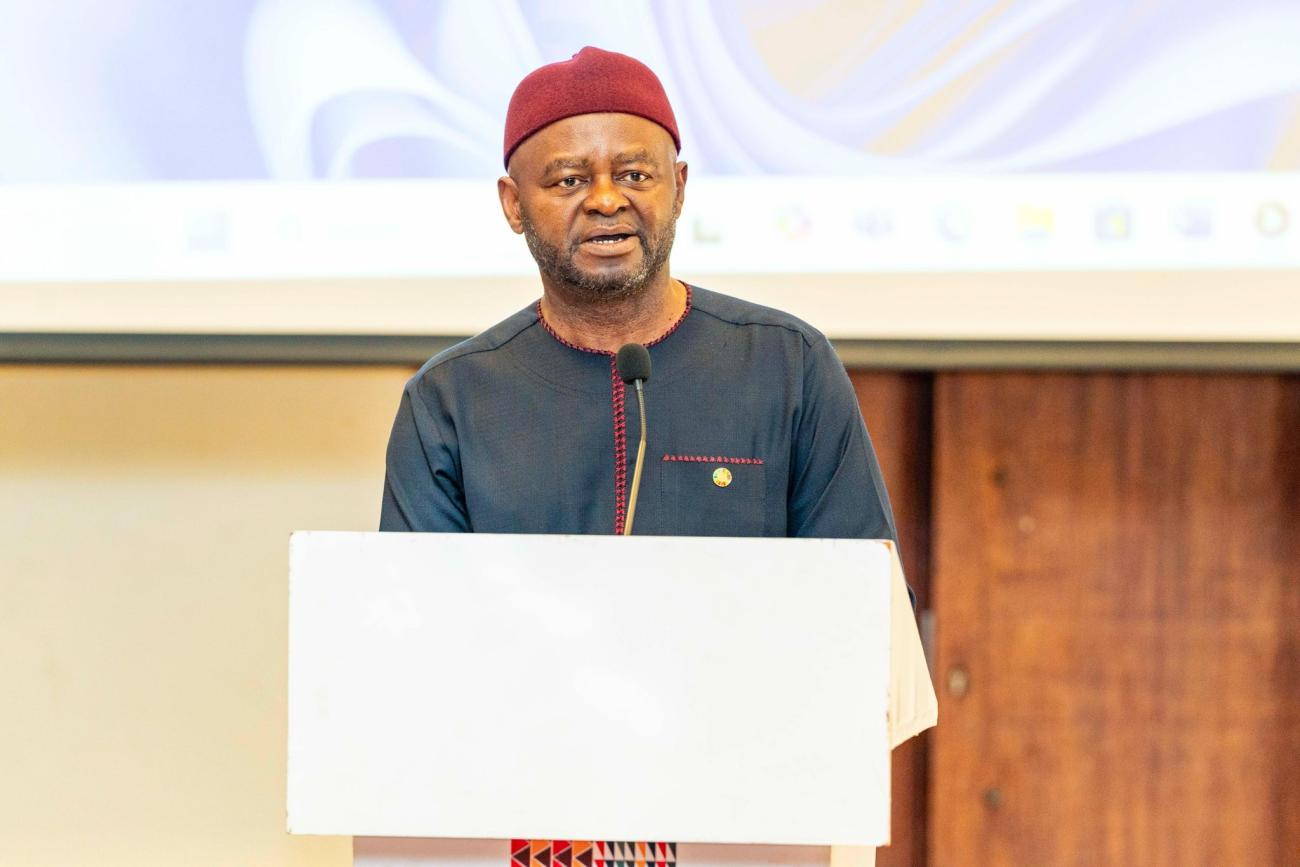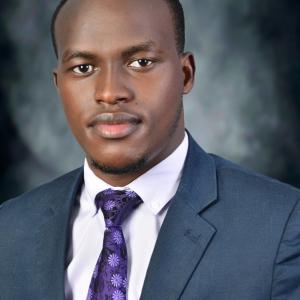Human Rights Day is a time to reflect on our shared humanity, the progress we have made in upholding human dignity, and the challenges that lie ahead. This year, Rwanda marked the occasion with a dual celebration: Human Rights Day and the 25th Anniversary of the National Human Rights Commission. The global theme, "Our Rights, Our Future," served as a guiding light for discussions on achievements, aspirations, and the path ahead.
In his opening remarks, Ozonnia Ojielo, the United Nations Resident Coordinator in Rwanda, reminded participants that human rights monitoring is not a "beauty contest" to judge nations but a shared commitment to improving lives. “It is not about how ugly we look or how beautiful we look,” he remarked, underscoring the essence of human rights as a recognition of national aspirations and a tool for collective progress. He added that the Universal Periodic Review (UPR) process embodies these aspirations, encouraging stakeholders to continually work toward building a society where every citizen can take pride in their collective progress.
Ojielo underscored the role of the United Nations in supporting Member States. “No UN Agency signed the Universal Declaration of Human Rights or any of the instruments. You signed as Member States,” he noted, emphasizing that global peace and security can only be achieved through complementarity. “Our role as the United Nations is serve as your housekeeper - to support, accompany and assist you in your journey.”
Rwanda’s Achievements in Human Rights
Rwanda’s abolition of the death penalty on July 25, 2007, stands as a powerful testament to the country’s dedication to upholding human rights. Significant strides have also been made in areas such as healthcare, education, gender equality, and justice. This progress embodies what Ojielo referred to as "the logic of inclusivity," a cornerstone of Rwanda’s development model and its commitment to leaving no one behind.
The Mo Ibrahim Foundation ranks Rwanda’s legal system as the third-best in Africa, a recognition of the country’s journey in strengthening the rule of law. However, as emphasized by Ojielo and other speakers, this achievement should be viewed as a milestone, not the final destination. “No state is perfect in realizing human rights,” Ojielo stated, calling for sustained collective efforts to advance human rights and governance.
The Interconnection of Human Rights and Sustainable Development
A key focus of the discussions was the intersection between human rights and the Sustainable Development Goals (SDGs). “Sometimes people assume that human rights are just about political issues,” Ojielo explained. “But the fundamental underpinning of human rights is the SDGs.” He elaborated on how the SDGs' pillars—people, prosperity, planet, peace, and partnerships— are intrinsically linked to social, economic, environmental, and political rights. By advancing the SDGs, nations simultaneously fulfill their human rights commitments, reinforcing the interconnectedness of these global frameworks.
Reflecting on the Future
While celebrating progress, the event also provided a platform for reflection on emerging challenges. Providence Umurungi, Chairperson of the National Human Rights Commission, acknowledged the critical role of the UN and civil society in supporting Rwanda’s journey. “We are taking this opportunity to recognize the progress we have made, celebrate achievements, and reflect on challenges—not just as an institution but as a country. We truly value the continued fruitful partnership with the United Nations,” she said.
Honorable Minister Dr. Emmanuel Ugirashebuja, Minister of Justice and Attorney General, highlighted the need to address the challenges posed by emerging technologies and artificial intelligence. “Do these instruments have the power to respond to problems that will emerge in the future?” he asked, emphasizing the importance of renewing collective efforts to uphold human rights in an ever-evolving world. His call to action reinforced the event’s focus on adapting human rights frameworks to meet future challenges effectively.
A Collective Spirit for Transformation
The discussions highlighted the role of civil society, state actors, and international organizations in safeguarding and advancing human rights. Ojielo described civil society as the “early warning systems” of society, emphasizing their preventive role in addressing human rights violations. “This trinity of protection, transformation, and prevention is why we are all stakeholders,” he said.
Looking ahead, the unwavering commitment to human rights remains paramount. As Ojielo aptly put it, “We are on a constant journey toward making it better. Human rights are a pathway to solutions—a critical framework for preventing, transforming, and protecting all of us in our societies.”
As Rwanda and the world celebrate Human Rights Day, the message is clear: the journey of upholding human rights is ongoing. Upholding human rights is a continuous endeavour, requiring collaboration, introspection, and adaptability to address emerging challenges. Through collective effort, the aspiration for a more just, inclusive, and equitable society can become a reality.
About Human Rights Day
Human Rights Day is observed annually on 10 December around the world. It commemorates the anniversary of one of the most groundbreaking global pledges: the Universal Declaration of Human Rights (UDHR). This landmark document enshrines the inalienable rights to which every human being is entitled—regardless of race, color, religion, sex, language, political or other opinion, national or social origin, property, birth, or any other status.
The Declaration was proclaimed by the United Nations General Assembly in Paris on 10 December 1948 and, for the first time, set out fundamental human rights to be universally protected.
Each year, partners come together to renew their commitment to better implement the principles of the Declaration. Its first article states: “All human beings are born free and equal in dignity and rights. They are endowed with reason and conscience and should act towards one another in a spirit of brotherhood.” This principle serves as the foundation for all initiatives undertaken by states to advance inclusive development.


















